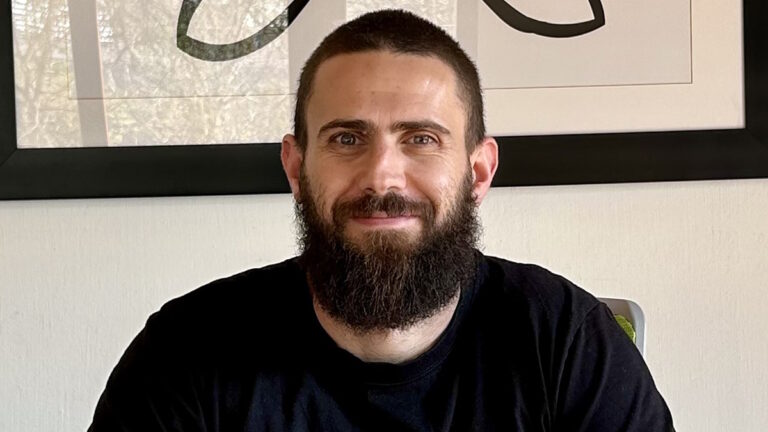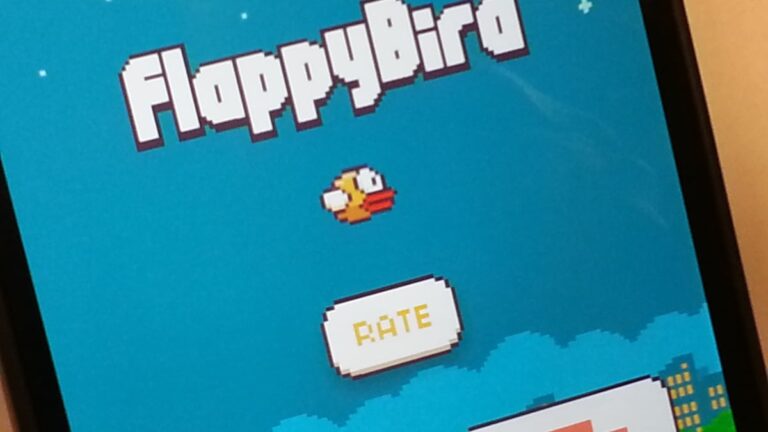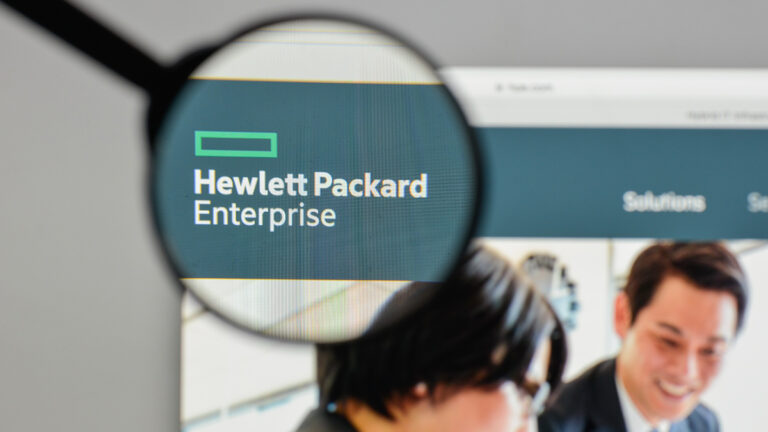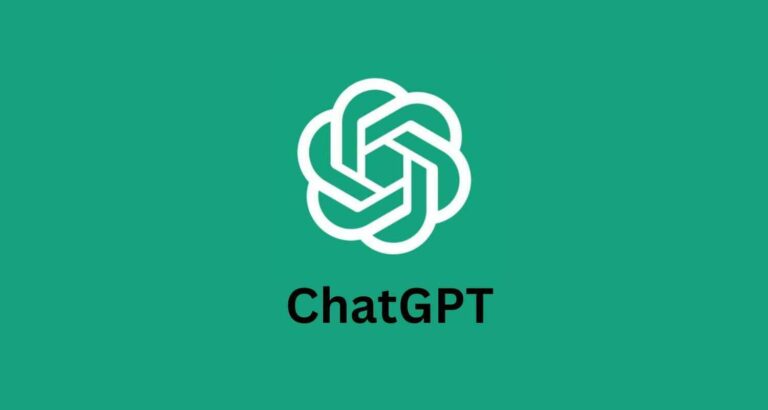LOGISTICS WAR ERUPTS: Delhivery Calls Out Ecom Express’ IPO Filing as a "Laughable" Attempt to Distort Reality
In a shocking move, Indian logistics giant Delhivery has accused its rival Ecom Express of cooking the books in its draft initial public offering (IPO) prospectus, sparking a fierce battle in the lead-up to Ecom Express’ market debut.
Delhivery, backed by SoftBank and already publicly listed, has slammed Ecom Express’ metrics as "inflated" and "misleading", claiming that the startup has inaccurately represented Delhivery’s business performance in its IPO filing.
The dispute centers around Ecom Express’ claim that it shipped 514.41 million packages in the fiscal year ended March 2024, compared to Delhivery’s 740 million during the same period. But Delhivery alleges that Ecom Express is counting returned orders as two separate shipments, artificially inflating its volume figures.
The SoftBank-backed firm has also taken aim at Ecom Express’ cost per shipment (CPS) calculations, citing disparities in accounting methods and alleging that the startup is hiding inflated shipment figures.
But that’s not all – Delhivery has also called out Ecom Express’ claim that it offers its services in 27,000 zipcodes, pointing out that India has fewer than 19,500 unique zip codes. It’s a bold move, but one that Delhivery believes is necessary to set the record straight.
The public dispute comes just weeks after Ecom Express filed for an IPO, aiming to raise $310 million. But Delhivery’s allegations have raised serious questions about the startup’s financials and business practices.
Ecom Express has yet to respond to the allegations, but one thing is clear – this is a war for market share, and Delhivery is not going down without a fight.











